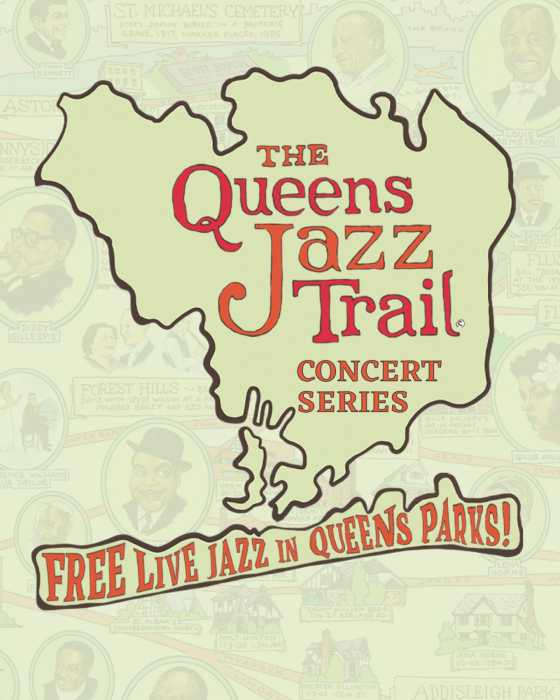Oct. 23, 2017 By Nathaly Pesantez
A documentary that claims the city’s proposed Brooklyn-Queens light rail connector is a road to gentrification will be screened in Astoria on Wednesday.
The short documentary, titled “Gentrification Express: Breaking Down the BQX”, will be shown at the Greater Astoria Historical Society, located at 35-20 Broadway in Queens, at 6:30 p.m on Oct. 25. The film, just over 17 minutes, was made by filmmakers Amanda Katz and Samantha Farinella, who will be in attendance and will answer questions about the film.
The documentary looks at Mayor Bill de Blasio’s plan, released February 2016, to bring a streetcar through a 16-mile stretch by the Brooklyn and Queens waterfronts. The rail system, which would go through several neighborhoods, including Astoria, Long Island City and Greenpoint, and all the way down to Sunset Park, is seen by the filmmakers as a dishonest attempt to alleviate the city’s overburdened transit system. They say the BQX just serves the interests of the real estate industry.
“What’s so gross about this project [BQX] is the way it’s being sold,” Katz, a 26-year-old graduate student at Hunter College, said. Katz said the “slick” advertisement and promotion of the BQX as a job stimulator and a boon for low income residents, among other outcomes, were the impetus to begin to research and read between the lines of the proposal.
The film includes the opinions of urban planners and local activists, who claim that the developers steadily building along the BQX’s planned route have donated money to de Blasio. Concerns of actual construction costs of the project, currently estimated at $2.5 billion, are also addressed in the film, with Samuel Stein, a Hunter College Urban Studies professor, noting that the cost has been low-balled to deflect opposition. Once the plans are green-lighted costs then rise.
The BQX’s “value capture” funding model is also criticized, where increases in property taxes along the streetcar’s path will be used to pay for the rail system. The filmmakers argue that this hike will drive some longtime residents out as their housing costs go up.
“I don’t know how de Blasio wouldn’t have thought through the outcomes,” Katz said.
The film does not feature representatives from the Friends of the BQX, the Economic Development Corporation, or de Blasio’s office. Katz said the EDC gave an introductory phone interview when the film was proposed in August 2016, but the agency eventually stopped responding.
Katz and Farinella are currently promoting the film, released August 2017, and are reaching out to local community groups to discuss the project. The Oct. 25 screening is being hosted by the Queens Anti-Gentrification project, and will also feature a screening of “Flushing Meadows Corona Park: What it’s Worth” by Queens Creative Solidarity. Queens Neighborhood United, the Coalition to Defend Corona, the Justice for All Coalition, and the Long Island City Coalition will also be in attendance. Free food and refreshments will be available at the event, which will run until 8:30 p.m.
The BQX is still in its infant stages, where groups like Friends of the BQX are holding introductory meetings in communities along the proposed route and receiving feedback from local residents. In an Oct. 18 town hall in Brooklyn, de Blasio announced that the project would likely break ground in 2020.







